Big Macs, Moscow, and My Epitaph
By Kay Kendall
Twenty-four years ago I
decided to write my own epitaph. On my tombstone would be these words—She led the worldwide publicity when
McDonald’s opened in Moscow. Although I sensed my PR career was not near
its end, I also realized I would never have a greater triumph.
decided to write my own epitaph. On my tombstone would be these words—She led the worldwide publicity when
McDonald’s opened in Moscow. Although I sensed my PR career was not near
its end, I also realized I would never have a greater triumph.
The first Moscow
McDonald’s opened on January 31, 1990, when the world held five billion people.
Media monitoring showed the success of our publicity. Three billion knew
McDonald’s opened on January 31, 1990, when the world held five billion people.
Media monitoring showed the success of our publicity. Three billion knew
the
Golden Arches of capitalist fame were now installed only blocks from Moscow’s
Kremlin, behind whose walls worked Soviet communism’s leaders. Russians will
recall the symbolism—how the restaurant’s opening heralded their government’s
increased openness to the West. In the two-plus decades since the flagship
store debuted in Moscow’s Pushkin Square, the number of McDonald’s in Russia grew
to more than 400.
Now Russia’s relationship
to the West is changing again, while media commentators herald a renewed Cold
War. And one aspect of that relates to McDonald’s. Two weeks ago, the Russian
government closed the McDonald’s flagship for so-called health violations, and
gradually more and more McDonald’s are being shuttered, across Moscow and in
other Russian cities too. Once again, Moscow McDonald’s has become a symbol and snagged worldwide media attention. My pals in the US, UK, and Canada email news reports that show photos of the opening, and I know I was there, in that crowd.
to the West is changing again, while media commentators herald a renewed Cold
War. And one aspect of that relates to McDonald’s. Two weeks ago, the Russian
government closed the McDonald’s flagship for so-called health violations, and
gradually more and more McDonald’s are being shuttered, across Moscow and in
other Russian cities too. Once again, Moscow McDonald’s has become a symbol and snagged worldwide media attention. My pals in the US, UK, and Canada email news reports that show photos of the opening, and I know I was there, in that crowd.
Two decades of
negotiation by the Canadian wing of McDonald’s lay behind the event.
George Cohon, CEO of Canadian McDonald’s, led the charge. It was personal for
him. His grandfather was born in the same Russian village as the grandfather of
Brezhnev, leader of the USSR when Cohon began his quest. For political
reasons, the U.S. parent company kept hands off. Back
then only joint ventures with foreign companies were allowed by Soviet law, so
McDonald’s partner was the Moscow City Council.
negotiation by the Canadian wing of McDonald’s lay behind the event.
George Cohon, CEO of Canadian McDonald’s, led the charge. It was personal for
him. His grandfather was born in the same Russian village as the grandfather of
Brezhnev, leader of the USSR when Cohon began his quest. For political
reasons, the U.S. parent company kept hands off. Back
then only joint ventures with foreign companies were allowed by Soviet law, so
McDonald’s partner was the Moscow City Council.
The
restaurant accepted only Russian rubles, not hard currency. Due to Soviet shortages, the company developed
its own supply chain in the Soviet Union, and the company prided itself
on sourcing everything within the USSR. I remember meeting potato experts who
had come from the province of New Brunswick (Canada’s equivalent to Idaho in terms of potato excellence) to teach Russian farmers
how to grow better potatoes for their fries. When Cohon wrote his autobiography
he called it To Russia with Fries.
restaurant accepted only Russian rubles, not hard currency. Due to Soviet shortages, the company developed
its own supply chain in the Soviet Union, and the company prided itself
on sourcing everything within the USSR. I remember meeting potato experts who
had come from the province of New Brunswick (Canada’s equivalent to Idaho in terms of potato excellence) to teach Russian farmers
how to grow better potatoes for their fries. When Cohon wrote his autobiography
he called it To Russia with Fries.
Just as Cohon’s long
campaign to take McDonald’s into Russia was personal for him, so my
participation was emotional for me. Not only was it the triumph of my public
relations career, it also took me back to the USSR at an exciting time, made
even more meaningful because of an earlier seminal visit.
campaign to take McDonald’s into Russia was personal for him, so my
participation was emotional for me. Not only was it the triumph of my public
relations career, it also took me back to the USSR at an exciting time, made
even more meaningful because of an earlier seminal visit.
By a fluke,* as an
undergraduate I had studied Russian at a language institute in the USSR and
then got bitten by the Russian bug. The tragic past, the indomitable spirit of
the Russian people, the exotic architecture of the tsars—all this and more
intoxicated me. I also wanted to understand America’s Cold War enemy. Russia
was novel for someone who knew only Kansas and Texas well. My love affair with
Russia was deep and compelling, driving me to earn degrees in Russian and
Soviet history.
undergraduate I had studied Russian at a language institute in the USSR and
then got bitten by the Russian bug. The tragic past, the indomitable spirit of
the Russian people, the exotic architecture of the tsars—all this and more
intoxicated me. I also wanted to understand America’s Cold War enemy. Russia
was novel for someone who knew only Kansas and Texas well. My love affair with
Russia was deep and compelling, driving me to earn degrees in Russian and
Soviet history.
That student trip to the
USSR was in the sixties, and I only returned two decades later with McDonald’s.
My four long stays in Moscow during 1989-1990 came at a critical time. The
Berlin Wall fell, and Soviet leader Gorbachev indicated the Soviet Union might
be allowed to grow more democratic overnight. With all the Russian history I
had been immersed in, I understood the enormity of the potential change and was
beyond thrilled with my good fortune, working in Russia at such an electrifying
time.
USSR was in the sixties, and I only returned two decades later with McDonald’s.
My four long stays in Moscow during 1989-1990 came at a critical time. The
Berlin Wall fell, and Soviet leader Gorbachev indicated the Soviet Union might
be allowed to grow more democratic overnight. With all the Russian history I
had been immersed in, I understood the enormity of the potential change and was
beyond thrilled with my good fortune, working in Russia at such an electrifying
time.
On my final trip to Moscow
for the grand opening, I walked up to the airline counter in Toronto. The woman
checking me in asked how many pieces of luggage I had to declare. “One hundred
twenty,” I replied. Yes, the launch of
Moscow McDonald’s was a mammoth undertaking—and my load was only for the
publicity.
for the grand opening, I walked up to the airline counter in Toronto. The woman
checking me in asked how many pieces of luggage I had to declare. “One hundred
twenty,” I replied. Yes, the launch of
Moscow McDonald’s was a mammoth undertaking—and my load was only for the
publicity.
Many scenes at the grand
opening were intense. Moscow police warned us terrorists were driving around
the city in a van with a small nuclear device inside. Chechens intended to make
a statement by blowing up the new McDonald’s, and hundreds of world media were on
hand to report the catastrophe. (That is, if they survived!) My PR team grew nervous, but we were too busy
to stop and worry much.
opening were intense. Moscow police warned us terrorists were driving around
the city in a van with a small nuclear device inside. Chechens intended to make
a statement by blowing up the new McDonald’s, and hundreds of world media were on
hand to report the catastrophe. (That is, if they survived!) My PR team grew nervous, but we were too busy
to stop and worry much.
One photojournalist sent
from a London tabloid wept when he got scooped by another paper. He had failed
his assignment—to capture on film the first sale of a Big Mac in Moscow.
from a London tabloid wept when he got scooped by another paper. He had failed
his assignment—to capture on film the first sale of a Big Mac in Moscow.
Speaking of tears, on
opening day, one elderly babushka cried when she got her package of sandwiches
and french fries. One man bought two bags full of Big Macs to carry home to his
relatives living thousands of miles away in Novosibirsk. All the customers on
opening day (also for months afterwards) stood in line for hours before they
were served. Even with twenty-seven cash registers working full-time, the lines
stretched for blocks outside Moscow McDonald’s.
opening day, one elderly babushka cried when she got her package of sandwiches
and french fries. One man bought two bags full of Big Macs to carry home to his
relatives living thousands of miles away in Novosibirsk. All the customers on
opening day (also for months afterwards) stood in line for hours before they
were served. Even with twenty-seven cash registers working full-time, the lines
stretched for blocks outside Moscow McDonald’s.
Memories of those
glorious days fill me now. I recall the severity of Russian weather that
January of 1990—even though I had already endured the snows of Ontario for many
years with my Canadian husband. In Moscow I trudged through knee-deep drifts,
visiting international media outlets in person, hand-delivering news releases.
Just imagine—how quaint. Yet that was more efficient than faxing, since there
weren’t enough telephone lines for use in Moscow. Our team already monopolized too
many with calls back to North America. I stayed long enough in Moscow to hear native speakers say I had developed the accent of a Muscovite.
Finally, my Russian language ability was gaining traction.
glorious days fill me now. I recall the severity of Russian weather that
January of 1990—even though I had already endured the snows of Ontario for many
years with my Canadian husband. In Moscow I trudged through knee-deep drifts,
visiting international media outlets in person, hand-delivering news releases.
Just imagine—how quaint. Yet that was more efficient than faxing, since there
weren’t enough telephone lines for use in Moscow. Our team already monopolized too
many with calls back to North America. I stayed long enough in Moscow to hear native speakers say I had developed the accent of a Muscovite.
Finally, my Russian language ability was gaining traction.
But those recollections mean
more to me than they would to you. Suffice it to say, with my love of the sweep
of history, the latest change in Russia’s relations with the West saddens me. I
would like to think that history marches on towards harmony and light, but my
studies tell me that is not true. So I cling to precious memories of my last stay
in Moscow.
more to me than they would to you. Suffice it to say, with my love of the sweep
of history, the latest change in Russia’s relations with the West saddens me. I
would like to think that history marches on towards harmony and light, but my
studies tell me that is not true. So I cling to precious memories of my last stay
in Moscow.
My room was in the
National Hotel, only two doors away from the room Lenin had occupied—right after
he grabbed ultimate power in Russia. That was long before, in 1917, when workers and soldiers hoped for a brighter future after their revolution. We
never do know where history will take us, do we?
National Hotel, only two doors away from the room Lenin had occupied—right after
he grabbed ultimate power in Russia. That was long before, in 1917, when workers and soldiers hoped for a brighter future after their revolution. We
never do know where history will take us, do we?

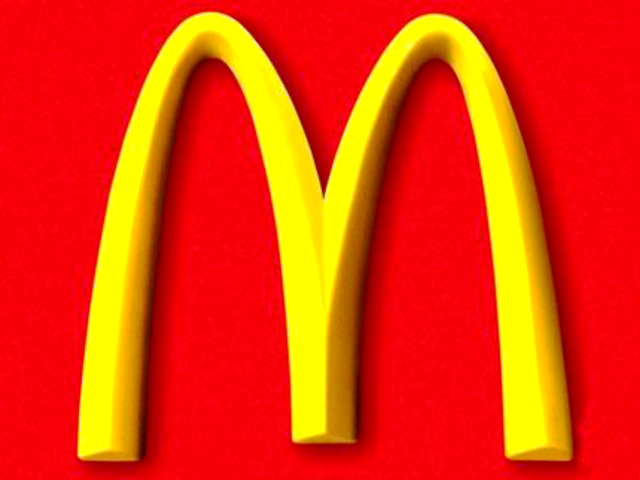
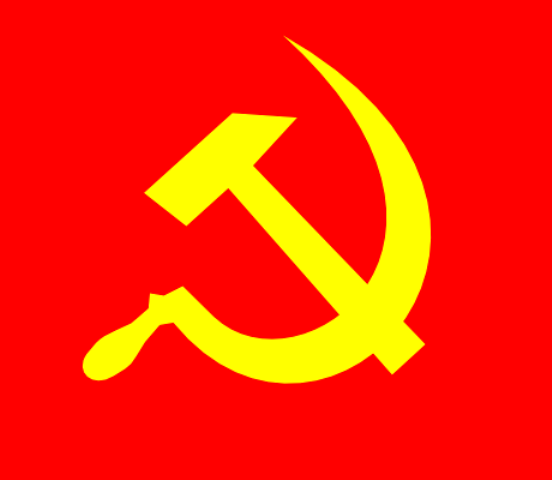
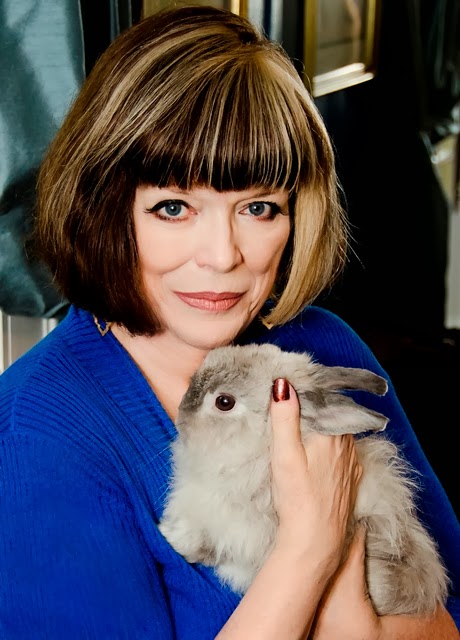
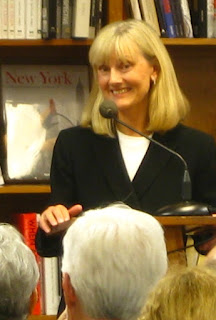


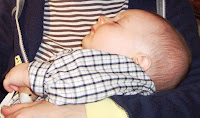
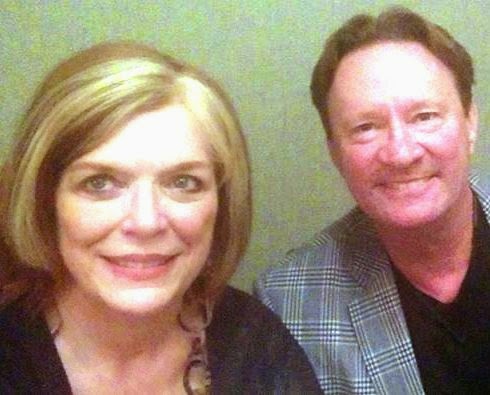
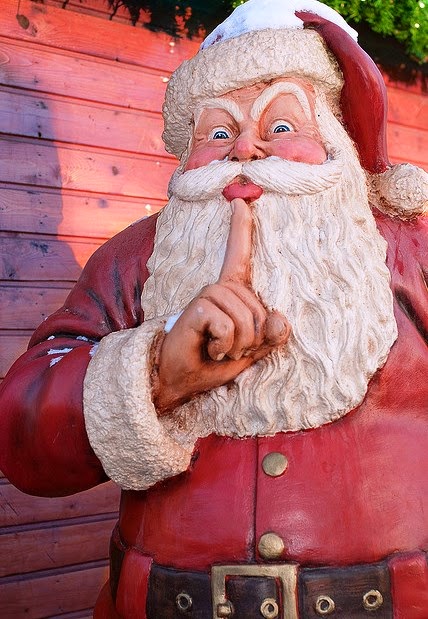
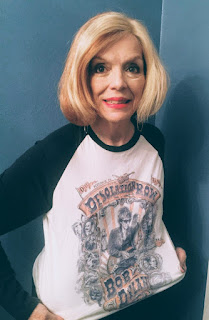
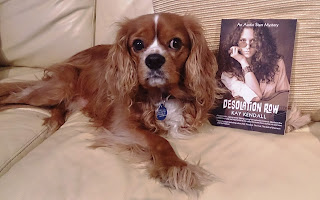

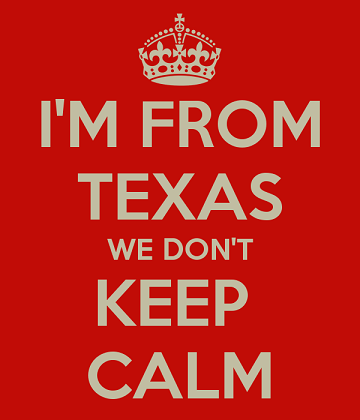
What an adventure! And 27 cash registers and there were STILL lines? So enjoyed hearing about your experience, Kay. Why can't we just snap a finger and make countries get along with each other? Would be nice. Sigh.
Seeing so many people desperate for hamburgers, and so thankful, broke my heart. Busloads of children from orphanages came on pre-opening days as guests. Some were pushed inside in wheelchairs that looked straight out of Dickens. Guess I should thank Putin, sort of, for making my memories relevant again. SORT OF, the %^&#$ man.
I'm glad you enjoyed this post that meant so much to me, Marjorie.
Great story! I totally agree about Putin–how could anyone not? Let's hope this is just a swing of the pendulum.
Awesome article, Kay. What an amazing experience to have been there at such a pivotal time.
Thanks, Janet and Tracy, for your comments. Originally, way back, I thought Putin was as moderate as we could expect, to come out of that system. Then about six months back, I read that Angela Merkl warned other western leaders that she thought he'd got delusional, surrounded only by yes men. And so he has become, with delusions of reforming the old USSR as much as he can. You know that in a speech last year he said that the WORST single catastrophe of the whole 20th century was the breakup of the Soviet Union? Not WWI or II or the Holocaust. The killing fields of Asia. NOPE, none of that. I'm planning some Russian spies for my third book…if I can ever finish the second one that is giving me fits, that is!